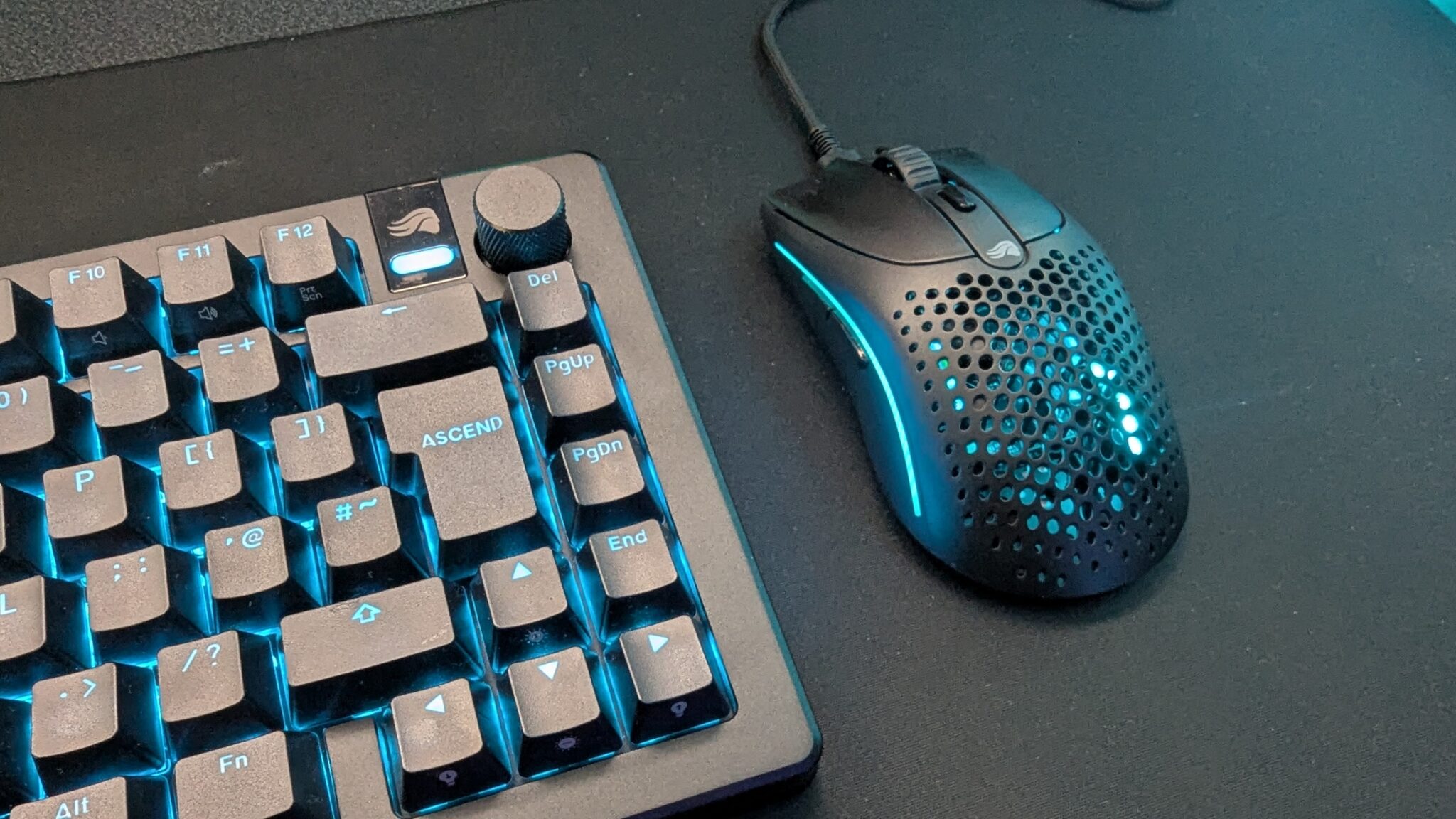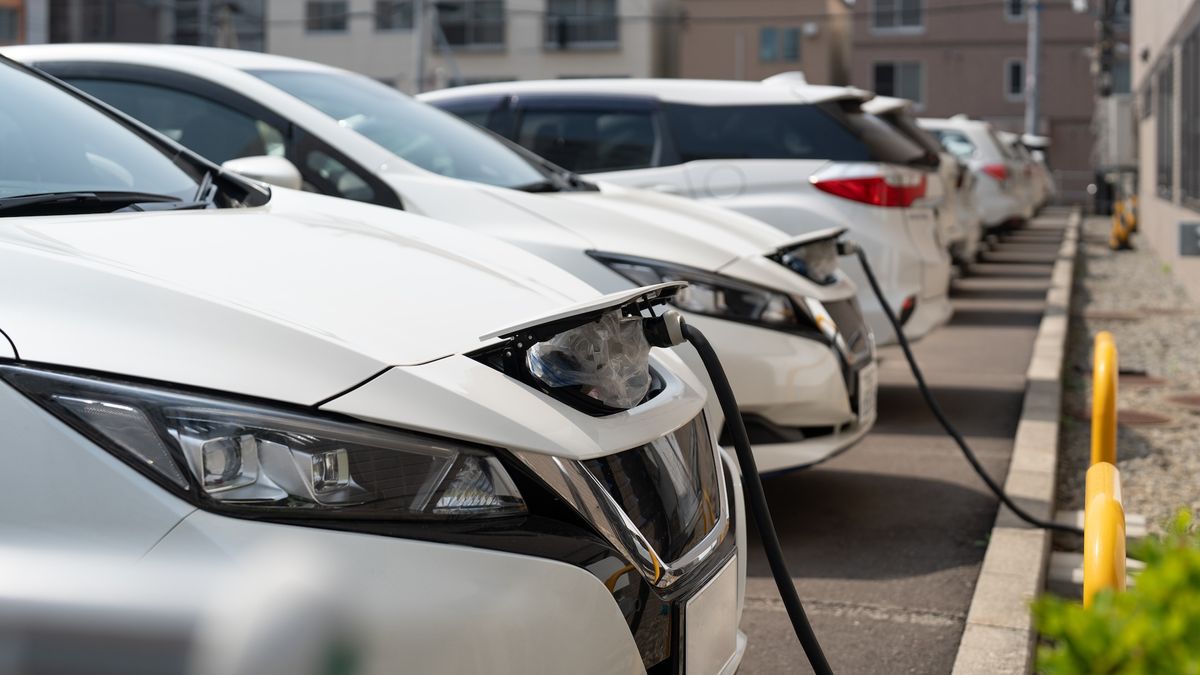Governor Monday Okpebholo of Edo State flew into Akwa Ibom State late in the afternoon of Saturday, December 28, to visit Senator Godswill Akpabio and express his profound gratitude for the singular role the Senate President played in his emergence as governor in the September 21 election. However, the visit has left in its wake a swirl of political undercurrents in both Akwa Ibom and Edo States.
In Akwa Ibom, many APC chieftains are peeved that they were not invited to receive the Edo governor at Akpabio’s residence in Uyo, nor were they included in the dinner later hosted for the governor at Sheraton Hotel, Ikot Ekpene. For many, it is further proof that the party remains as divided as it has been for years. In Edo, the visit reverberated differently, setting off discussions about Akpabio’s second-term bid as Senate President and a possible challenge from Senator Adams Oshiomhole. The 2027 political season is unfolding in a rather dramatic way.
Unknown to many, Senator Akpabio is the main reason Okpebholo is governor today. On February 17, 2024, Dennis Idahosa, a member of the House of Representatives, was declared the winner of the Edo State APC governorship primary. Backed by Senator Oshiomhole, Idahosa polled 40,483 votes, beating other candidates. However, it was a highly controversial nomination process. Although the result was disputed by all other contestants, Idahosa’s main political weakness was that he hailed from Edo South Senatorial District—the same district as the outgoing governor, Godwin Obaseki.
This is where Akpabio, ever so quick to identify opportunities, came in. The Senate President reckoned that since the PDP’s candidate, Asue Ighodalo, was from Edo Central, which was favoured by the zoning arrangement, and the APC and Labour Party candidates were from Edo South, the chances of the PDP retaining victory were very high. Akpabio reasoned that the APC’s chances would be brighter if the party fielded a candidate from Edo Central. But what could be done at this stage, since a primary had already been held?
That February morning, Senator Akpabio rushed to the villa to discuss the dilemma with Vice President Kashim Shettima, as President Tinubu was away on a foreign trip. He briefed the VP on the need to replace Idahosa with a candidate from Edo Central. The VP listened attentively but was unwilling to go with Akpabio’s recommendation, apparently to avoid offending Oshiomhole. Undaunted, Akpabio then called President Tinubu, who was in Ethiopia. He outlined the merits of replacing Idahosa from Edo South with another candidate from Edo Central due to the zoning arrangement and Idahosa’s shared zone with the outgoing governor.
“The president was convinced by Akpabio’s arguments but on the condition that Akpabio must ensure the APC’s victory in the election,” a well-placed source told this writer. Akpabio assured the president that he would pull out all the stops to clinch victory. The President then called Abdullahi Umar Ganduje, the party’s National Chairman, instructing him to organise another primary. The Senate President tapped Godwin Okpebholo, then a relatively unknown member of the Senate, to enter the race. To accommodate Oshiomhole’s interests, it was decided that Idahosa would become the deputy governorship candidate to Okpebholo.
But why was Akpabio so concerned with the Edo election and the APC’s choice of candidate? The answer lies in self-preservation. If Senator Oshiomhole returns to the Senate in 2027, he is likely to challenge Akpabio for the Senate Presidency. Thus, in Akpabio’s calculation, it was politically expedient to whittle down Oshiomhole’s influence by denying him the opportunity to produce the governor. Akpabio simply capitalised on Oshiomhole’s support for Idahosa.
“It was a smart political calculation by Akpabio, and the Senate President had to relocate to Edo State throughout the campaigns just to ensure that Okpebholo won, as President Tinubu instructed him,” said an APC chieftain involved in the intrigues. Akpabio’s manoeuvres to get Okpebholo elected typify the cold calculations that political leaders employ to sustain and promote their self-interests. How one wishes they were equally innovative in tackling Nigeria’s economic problems.
When Governor-elect Okpebholo visited President Tinubu at the Villa after the election, the President confirmed Akpabio’s role in the APC’s victory. Tinubu told the governor-elect, “You have Akpabio to thank for your emergence as governor.”
In Uyo during the Christmas holidays, the Senate President was in a buoyant mood when the Edo governor came calling. He praised Okpebholo for his humility and resilience and bragged about the APC winning more states in the region. Could the Senate President be eyeing Rivers, Delta, Bayelsa, or Akwa Ibom State as the next target?
From all indications, the party stands little chance of taking Akwa Ibom. It is too weak, divided, and factionalised in the state to launch a major assault against the PDP, which has governed the state since 1999. Even Akpabio’s guest list at the dinner he held for the Edo governor was revealing. Only a handful of APC leaders, such as Senator Ita Enang, Victor Antai, Ezekiel Nya-Etok, Eunice Thomas, and Ekperikpe Ekpo, attended. Notably absent were prominent chieftains like Umana Umana, Chief Don Etiebet, Obong Nsima Ekere, Sam Ewang, Mrs. Valerie Ebe, and Dr. Ita Udosen, who were reportedly excluded due to their perceived political disagreements with Akpabio.
“How can the Senate President host such a high-profile event and the majority of our leaders were not invited? That’s a symptom of serious internal discord and disharmony within the party, and it does not bode well for the APC,” lamented Elder Aniefiok Isatt, an APC leader from Uyo.








Leave a Comment